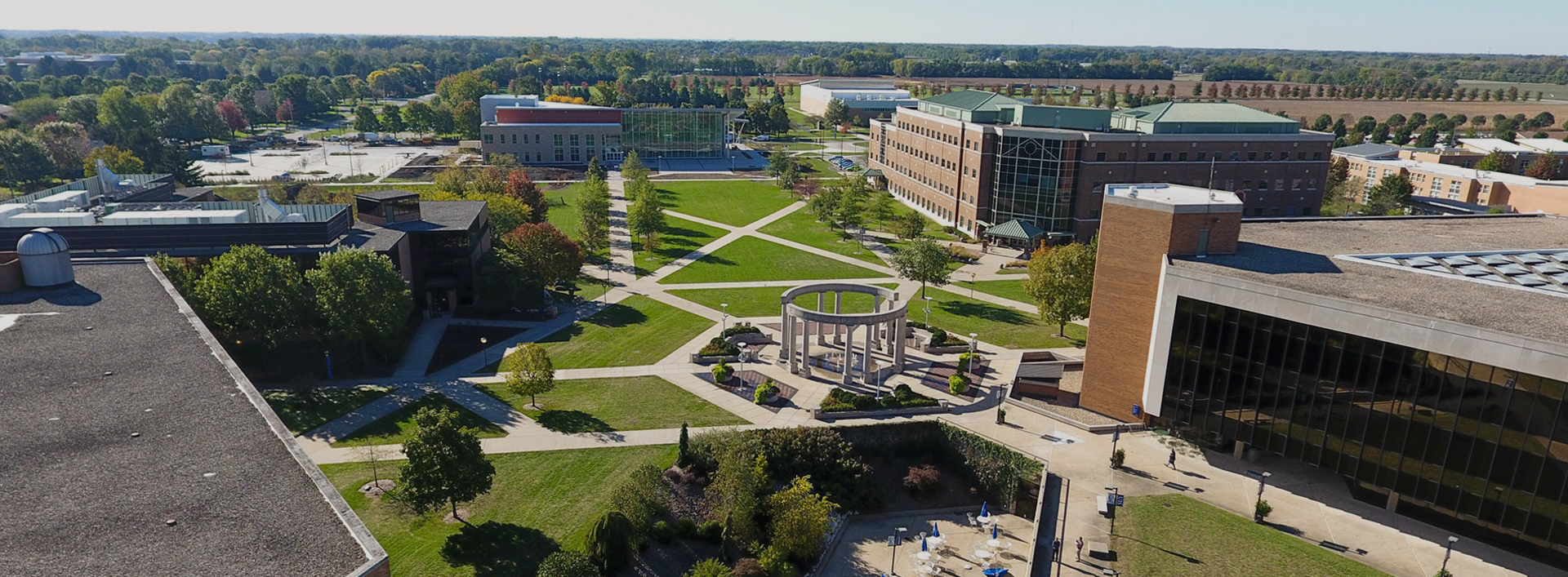Students are given a topic on which to find an expert to interview or they are given a type of person to interview. An alternative is the ‘pretend’ interview in which the student writes up what an interview with a particular interview might be like, such as interviewing a signer of the U.S. Constitution or more philosophical such as from the perspective of a bat.
Goals and Objectives
The primary goal of the interview is to teach the students about a particular topic from the perspective of an expert. Additional goals can include community outreach and partnerships. Sample objective statements might include:
After active participation in the interview process and writing up a report on their interview, students will:
- describe the historical experiences of the interviewee concerning topic x at time y.
- compare the interviewee’s experiences with those of the student or other interviewee’s.
- find the underlying themes occurring during an interview
as determined by successfully attending to 80% of rubric items.
Materials and Resources
What needs to be prepared in advance by the teacher? – The activity description. The instructor might also include interview tips. Student may need help finding individuals to interview.
What does the student need to bring to the lesson? – A desire to learn and access to the proposed interviewee.
Guiding Questions for this Activity
From the instructor’s perspective, the guiding question may be, how well can the student obtain, organize, and articulate information about topic x from individual x.
Activity Outline and Procedure
- Students are given a topic on which the interviews will be performed. The directions can be as simple as interviewing someone’s grandparent about a past experience to specifics such as interview a prominent public figure about a given political issue or a scientist about a particular field of knowledge.
- Students may or may not be given a list of ideas for people to interview concerning the topic.
- Students are given a specified amount of time to contact an individual and schedule the interview.
- Students may then be required to record the interview for submission to the instructor. At the least, a topic level transcript with a list of questions asked and answers given should be created by the student.
- Students report their findings, usually in a brief paper.
Teaching Strategies
- Interviews can be done in small groups or individually. In small groups, they can each interview a person about a specific topic and compile what they learn into one report.
- The teacher can require that students submit an audio recording of the interview to insure that it actually happened. Contact information for the person interviewed should also be provided.
Accommodations
What accommodations may be needed for students with disabilities or other special needs? The primary accommodation that may need to be made for this activity will be time depending on how the interview is conducted. For example, a mute individual may take longer to schedule the necessary interview with a sign language helper or some other technological means to perform the interview. A telephone interview using a TDD may take longer as well. Email or synchronous online text-based interviewing may be considered.
Timeline
Generally, the students should be given one week to schedule and perform the interview. Additional time may be required in an online course for the submission of the report on that interview.
Ideas for Activity Evaluation and Teacher Reflection
How did the students like the lesson? End of semester evaluations should ask about the usefulness and learning accomplished through such activities. Both knowledge and performance including such items as congeniality can be measured. Participants in the debate can also write a self-improvement synthesis.
How was student learning verified? An assessment should be performed on the quality of both the interview process as conducted (such as a transcript or recording) and the quality of the final report on the interview. Furthermore, retention of the knowledge should be tested by students ability to build on this knowledge with later units. The Marguerite deAngeli Library site above includes assessment ideas as well.
